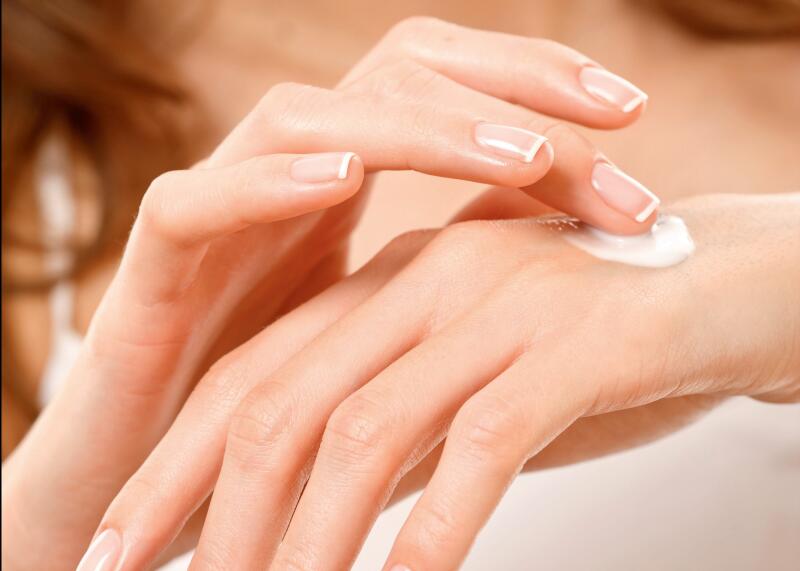-
Your concerns
Our articles to help you gain a better understanding
-
Our solutions
-
Ducray Dermatological laboratories
Our articles to help you gain a better understanding

Before the first eczema flare-ups even appear, parents want to put simple steps in place to prevent their child from having eczema.

Summary
To avoid eczema flare-ups, there are some simple preventive measures:
Among the various measures previously mentioned, none is effective on its own to limit the risk of recurrence. Applying the treatment correctly, according to medical prescription, can quickly soothe the skin. Between flare-ups, gentle cleansing and daily hydration of the skin is essential. When possible, each patient should identify their own trigger factors to avoid certain flare-ups. In the case of contact eczema, eliminating the allergen responsible is the only way to avoid flare-ups.
Skin prone to atopic eczema, contact eczema, chronic eczema and/or, eyelid eczema
NEWSLETTER
Dermatological expertise
To better understand your skin and hair, discover our exclusive content and innovative care products designed to improve your quality of life..